Minister of Communications, Innovation, and Digital Economy, Dr. ‘Bosun Tijani, has outlined an ambitious vision for Nigeria’s digital literacy and technology proficiency.
During an exclusive appearance on Channels Television’s Sunrise Daily program, the minister disclosed that the objective is to ensure that, by 2030, a staggering 90% of Nigerians attain digital literacy.
Dr. Tijani clarified the essence of digital literacy, emphasizing that it doesn’t necessitate everyone becoming a technical expert but provides the fundamental knowledge needed to choose participation in the digital economy.
The Federal Government has set in motion a comprehensive plan to train three million Nigerians in technical skills within the coming years. To achieve this vision, the minister said his ministry is actively collaborating with state governments to ensure robust support for the initiative.
The minister also revealed plans to establish hardware training centers in prominent technology hubs such as Aba in Abia State and Computer Village in Lagos State. This initiative seeks to enhance human resource development and broaden employment prospects, aiming to benefit over 200 million Nigerians.
In response to inquiries about the inclusion of indigenous languages as the language of instruction in technology training and software development within Nigeria, Dr. Tijani stressed the importance of Nigeria actively participating in Artificial Intelligence (AI) development. He explained that technology, particularly AI, can exhibit biases when the nuances of local languages and cultures are disregarded. To address this, the government is supporting initiatives and projects aimed at integrating all Nigerian languages into the AI landscape, going beyond the more well-known languages like Yoruba, Hausa, and Igbo to include less commonly recognized ones. This effort aims to ensure that machines can effectively understand and interact with all languages spoken across the country.


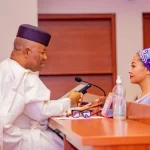
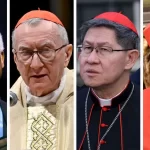

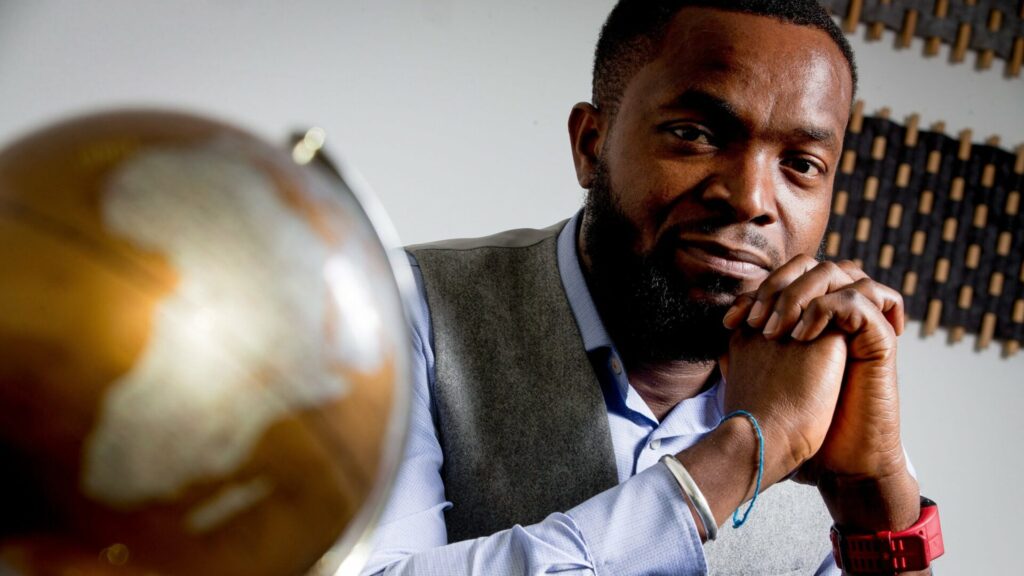

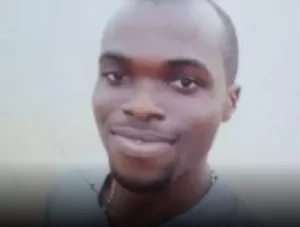
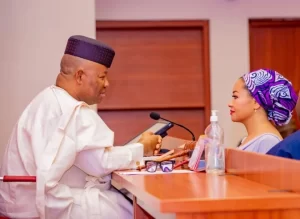
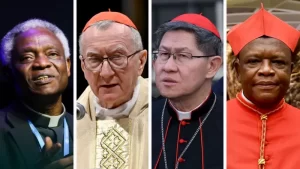
More Stories
FG defends N10bn Aso Rock solar installation, says yearly N47bn presidential villa power bill unsustainable
EFCC declares four Nigerians wanted in alleged N1.3 trillion CBEX fraud
Tinubu sacks NNPCL CEO Mele Kyari, replaces him with ex-Shell MD, Ojulari